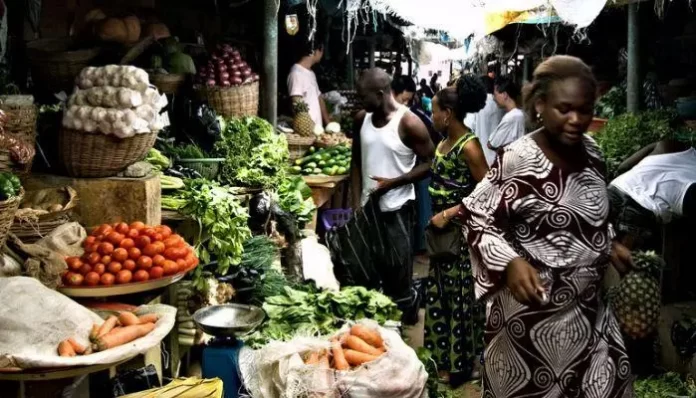A new report by the Food and Agriculture Organization (FAO) reveals that the environmental, health, and social hidden costs of Nigeria’s agrifood system amounted to at least $105.13 billion in 2020. The FAO’s 154-country study emphasizes the need for true cost accounting to guide policy, indicating that the hidden costs of global agrifood systems were approximately $12.7 trillion.
While current food systems provide nourishment and economic sustainability, they also impose significant hidden costs on health and the environment. The report highlights that lower-middle-income countries, including Nigeria, exhibit varying distributions of quantified hidden costs. Nigeria accounts for 0.8 percent of the global hidden costs of the world’s food system and 51.1 percent of total hidden costs in West Africa ($205.89 billion).
Hidden costs are expenses not reflected in market prices, representing monetary measures of losses related to productivity declines or environmental damages. These hidden costs are driven by negative externalities, market failures, policy and institutional failures, and other spillovers.
The FAO report aims to measure and value these hidden costs across environmental, social, and health dimensions, emphasizing the need to transition agrifood systems towards sustainability.
Taxes, subsidies, legislation, and regulation are among the levers that the report encourages governments to employ to transform agrifood systems and address the climate crisis, poverty, inequality, and food security.
QU Dongyu, the FAO Director-General, emphasized the significance of recognizing the true costs and expressed hope that the report would inspire collective commitment to improving agrifood systems for the betterment of all.
This report underscores the need to account for hidden costs in food systems and the importance of addressing sustainability challenges in the agrifood sector.














